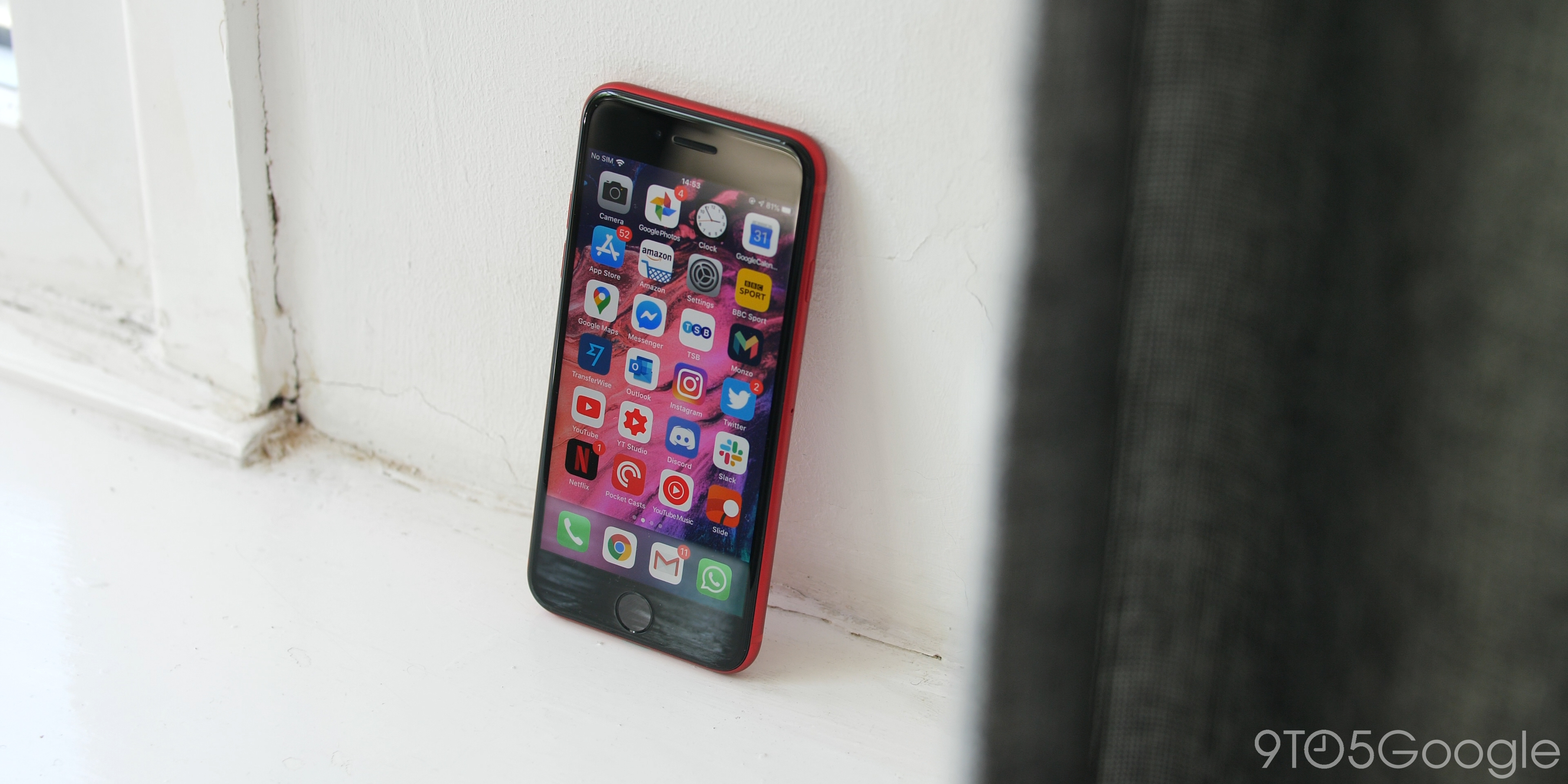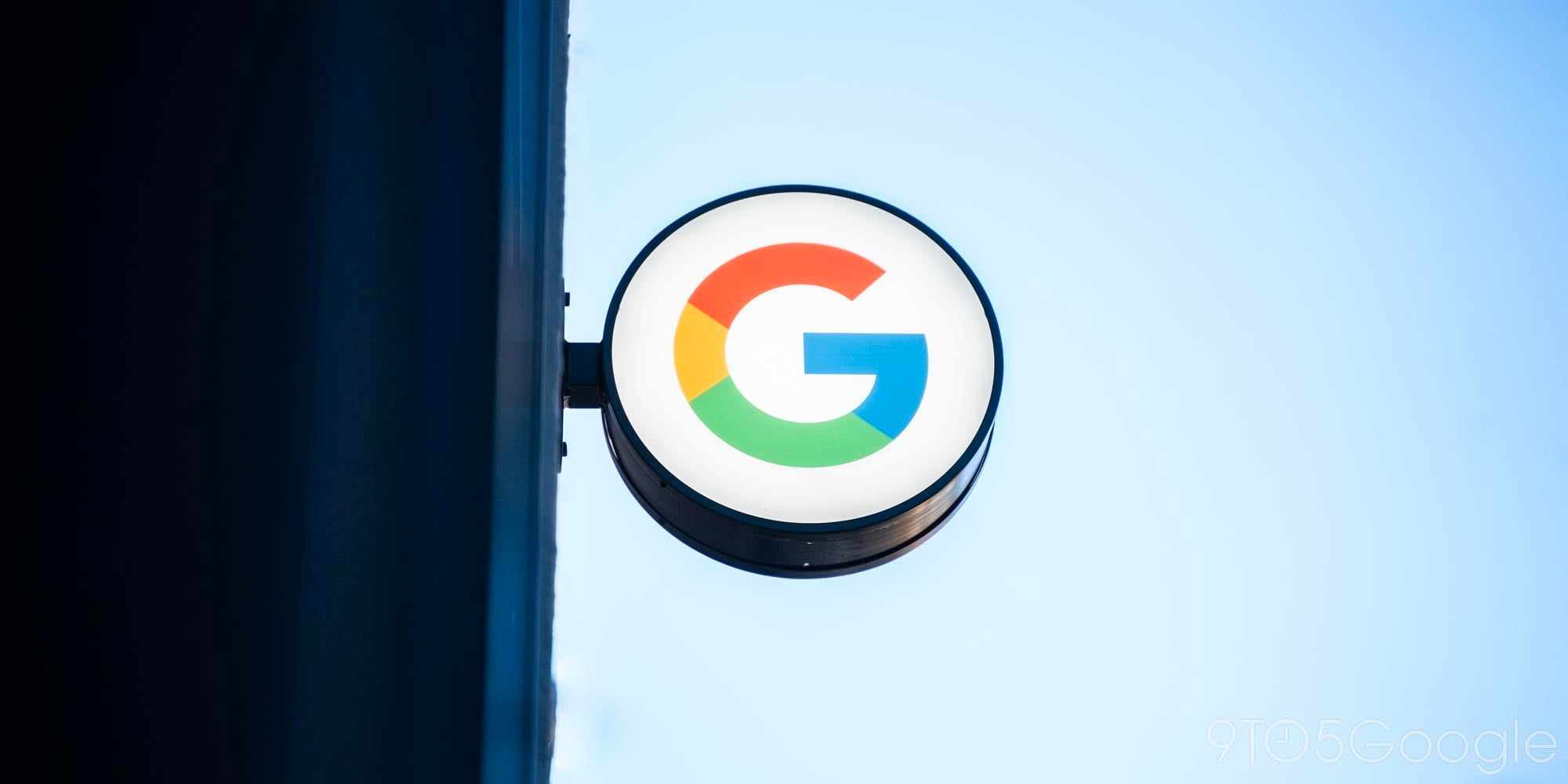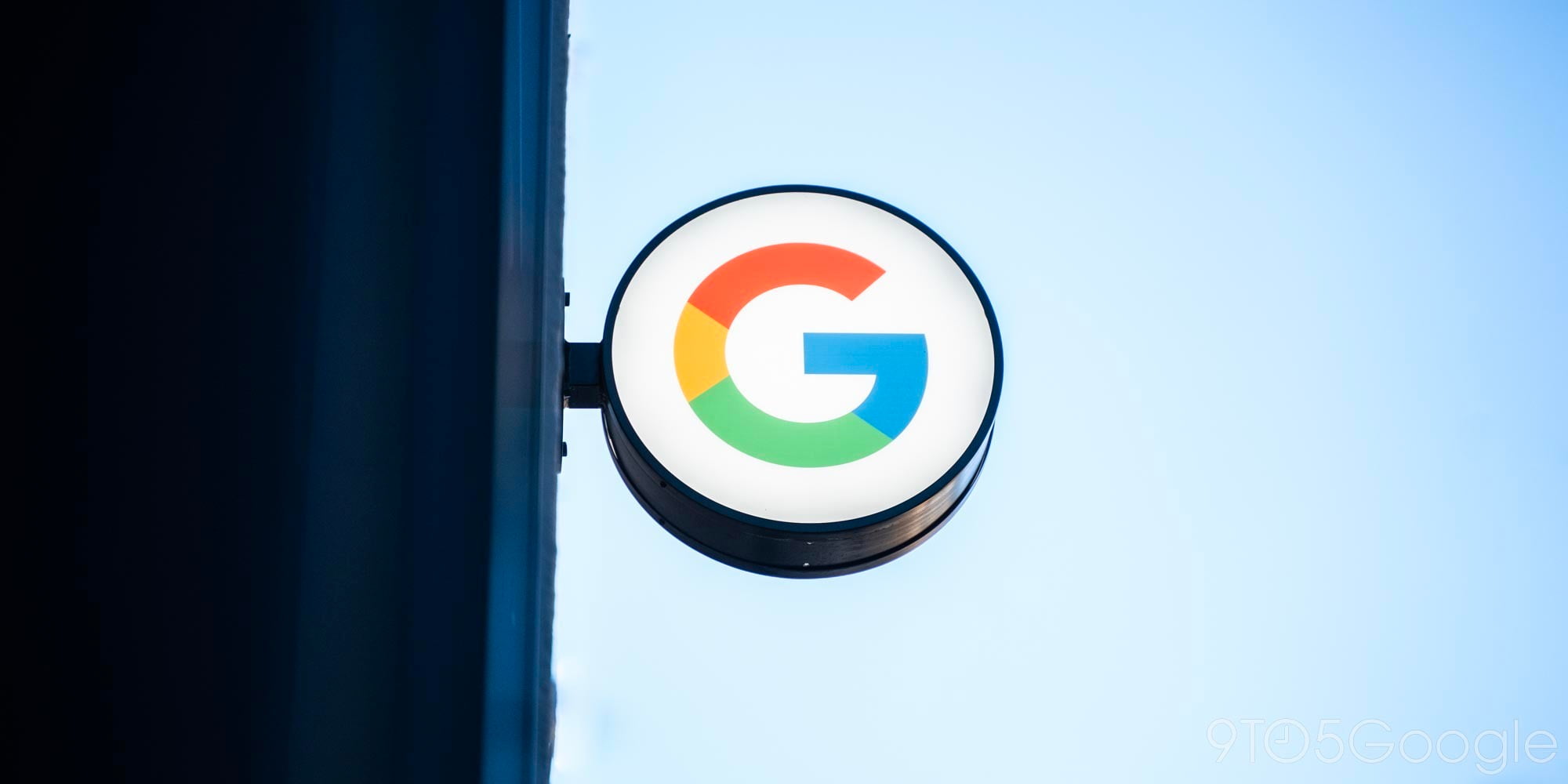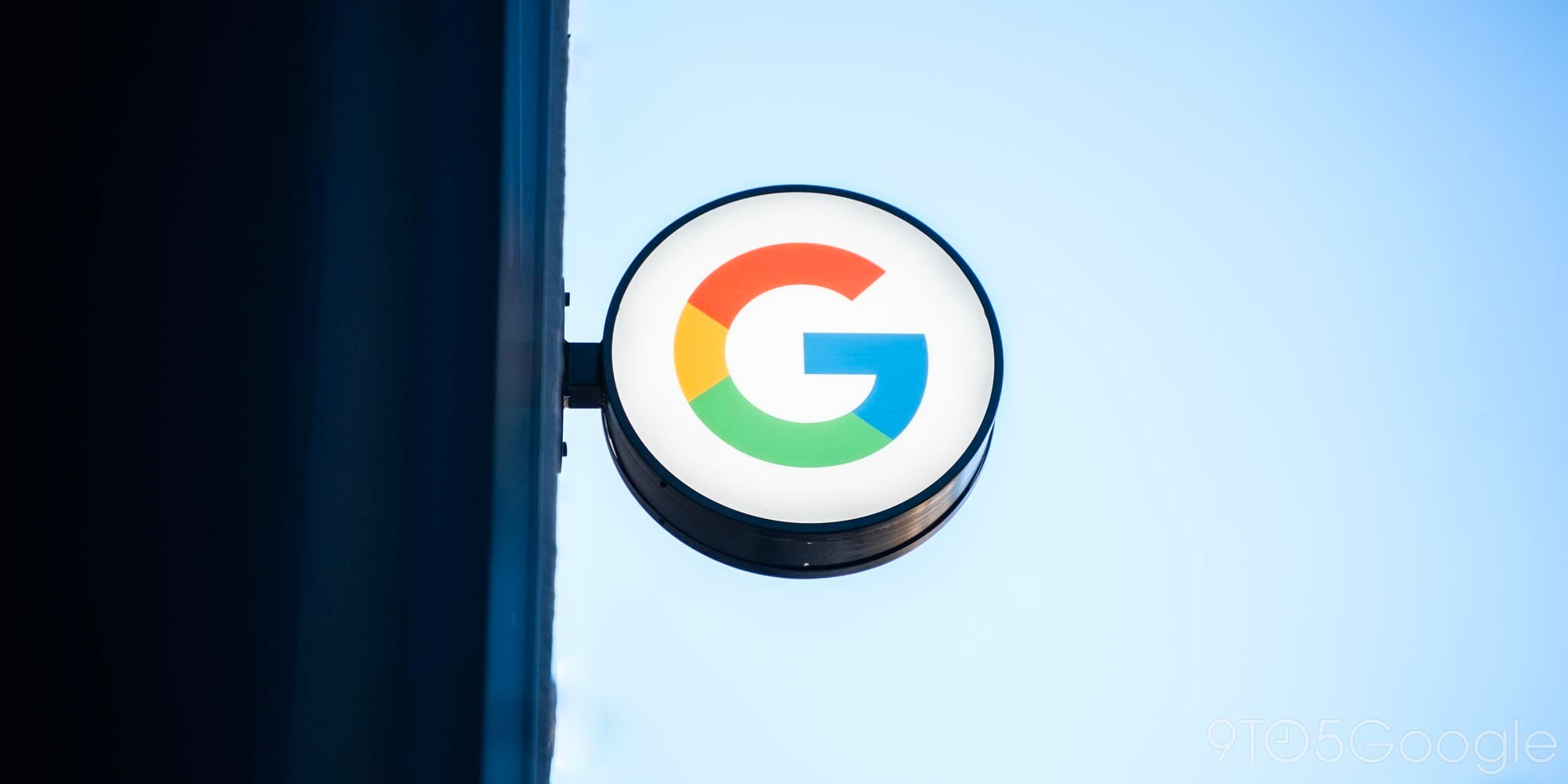
Straight up, the 2020 iPhone SE is a good phone. It probably won’t replace the phone in your pocket unless you happen to own a really old device, but it really is impressive — even if it does run iOS.
We’ve reviewed a number of affordable Android phones but, like anything, things need to be omitted to help keep down costs. Apple is no stranger to this but hasn’t really offered anything that has directly competed with what we perceive as the “mid-range” for some time — the previous iPhone SE is probably the last example.
The fact that the Pixel 3a — and soon the 4a — float in and around that $400 price point does mean that just from a comparative perspective, we need to take a look at what the entire market is offering. That does sometimes mean looking into Apple’s “walled garden” and just taking a little peek around.
So with Apple diving headfirst into the price bracket that we normally associate with affordability, just what does the iPhone SE offer that we haven’t seen already? This is our review of the iPhone SE.
Hardware & Design
This is the iPhone 8 from the outside, iPhone 11 Lite from the inside. It’s a dinky little phone that sometimes feels like a toy but this is still a smartphone made of what you would likely consider “premium” materials. The biggest downside is that you’ll have to put up with 2017’s iPhone 8 design, as Apple has raided their surplus inventory to bring us a 2020 refresh.
Having not used an iPhone after the 4 series until the XS Max, I’m pleasantly surprised given just how nice it feels when clasped. I have fairly large hands, so it definitely feels small compared to the multitude of 6 and 7-inch devices we’ve become accustomed to over here on the Android side of the fence.

Let’s put this price tag into perspective though for a second. $400 will net you the Pixel 3a — and the SE’s likely rival in 2020, the Pixel 4a. The only premium materials to be found on those devices are (or will be) the displays, which might not even have the same color accuracy of the iPhone SE.
Add in the True Tone color matching feature and even though it is just a tiny bit over 720p, the SE’s IPS LCD display really is reasonably impressive given the pricing. Outdoor brightness might be an issue, with 600 nits peak brightness. Is it okay for outdoor usage? Sure, but it could be a little better truth be told.
Looking at the build, do you need glass and metal on a perceived “cheap” smartphone? Maybe. I personally prefer the Pixel 3a’s look over that of the iPhone SE, but I’m sure the general public might actually disagree. Plastic and polycarbonate is by far more durable, especially if you plan on using a smartphone for a long time. The fact that you also get an IP67 dust and water resistance rating at all is just another impressive aspect of this small package.

I must admit, it’s harder to forgive those bezels, and they really do feel like a throwback or relic of the recycled design. Plus, losing out on-screen real estate in favor of a fingerprint scanner feels like another oversight in 2020. Sure Touch ID is fast and the little haptic feedback is great when you activate it, but I think most of us have moved past 16:9 for larger displays that don’t sacrifice immersion.
If you’re content with a 2015 design that was then updated for 2017, and now has been pushed out again in 2020, fair enough. Personally, it’s not something I could put up with for a few years into the future.
Software & Performance

While I’d say I’m pretty platform agnostic, iOS often feels like it doesn’t scratch my itch for something a bit more flavorsome. That’s not to say it isn’t great for most people. The consistency is most definitely one of the mobile operating systems biggest strengths.
I do simultaneously love and hate that all apps feel uniform. It’s superb for menu consistency, but when every app is built to feel “special”, none end up feeling that way in my opinion. That’s just my two cents but it might explain why I struggle to stick with an iPhone for more than a few weeks.
You do get the latest and greatest iOS 13 on the iPhone SE, which will duly be updated for quite a while yet to come. Let’s hope that the advent of Google’s own chipsets will result in an update record like the iPhone. Although, that said I’m not entirely sure that smartphones are sold to the general public based upon software updates.
We know that the A13 Bionic chipset is an absolute monster, but while the iPhone SE has a more powerful chipset than just about every single flagship Android phone, it’s kind of like having the fastest car on the dragstrip. Sure, there is plenty of overhead for power-intensive tasks, but you’ll probably never even get 20% of the way to utilizing all of that under-the-hood grunt running in a straight line.
Then again, I’m not entirely sure how iOS could be altered to let you take advantage of the A13. iOS is very restrictive by nature, and that is why, in many ways, it’s the perfect alternative for Android. As I get older, I don’t feel the need to tinker and tweak. Weirdly, that has actually made iOS and the iPhone in particular far more appealing to me than at any other time.
However, little things like not being able to actually see the wallpaper I have applied thanks to a rigid app grid and layout feels silly nowadays. Diving in and out of menus to activate certain things is still as frustrating as it ever was. A few hours after opening and setting up the iPhone SE, I started to feel the pains that always see me yearning to switch back to my Android phone of choice — currently the OnePlus 8 Pro.

While I have some gripes with iOS itself, the experience is typically slick even despite the fact that iOS 13 does feel a little shoehorned into this form factor. It is clearly designed for a gesture interface in most regards. At times this is clearly evident, and things can get a little cramped on such a small display — the on-screen keyboard being a prime example.
Even with just 3GB of RAM, the iPhone SE is snappy, smooth, and, more importantly reliable. I haven’t had any RAM purging issues. Everything runs as well as it does on the current iPhone 11 series. But I have to say that the way iOS handles notifications is nothing short of painful. I tend to just swipe them away from my lockscreen but the home screen dots are reasonable enough.
Overall, if you’re comfortable with a small 16:9 display and the inherent limitations of iOS, then the iPhone SE will no doubt be a joy to use.
Camera

The camera on the iPhone SE is okay. Of course, the iPhone 8 might have been one of the best smartphone cameras around back in 2017, it definitely isn’t now though. At 12-megapixels it stacks up quite well on paper with the recent Pixel series. Unlike the Pixel 3a, stills don’t wow in quite the same way.
It’s still a pretty solid camera that does go toe-to-toe with most Android phones in or around the same entry price though. It’s pretty surprising just how nice the images are, but you don’t get a ton of flexibility. Thanks to the inclusion of the A13 Bionic chipset, portrait mode is available on this single-camera setup, but it was also present on the iPhone XR. You can only use this on pets and people though, which means that without using a third-party app, you can’t add fake bokeh effects to inanimate objects.
- Portrait mode doesn’t always work
- Portrait mode
The lack of a Night Mode is also disappointing too. Especially when you will most definitely end up taking photos when it gets dark — as you would with just about any phone. Results are passable at the very best, terrible in most cases though. That said, there are few smartphones at this price-point that include capable low-light shooting modes — save the Pixel 3a.
- iPhone SE
- Pixel 3a
Knowing the limitations and it’s strong points — like outdoor shooting — the iPhone SE will be more than enough for most people. Quick snaps on vacation or just day-to-day are absolutely fine. Nothing more, nothing less.
Video
4K 60fps video is superb on the rear-facing camera thanks to the OIS and EIS. Moving images have great clarity and dynamic range. Although playback on other devices may be an issue due to the HEIC codec used. It’s also superb that you can record at 24fps — something I am eternally grateful for.
There is no denying that video is arguably the strongest portion of imaging on iPhones — and the SE is no different. 60fps video at 1080p and UHD 4K is silky smooth with no recording limits, something that is not always the case with affordable Android smartphones.
I would suggest recording most of your videos at either 30 or 24fps if you are planning on keeping memories in 4K UHD. With just 64GB of storage, 60fps videos will very quickly start to take up all of your internal space.
Battery

4,000 and 5,000mAh batteries are becoming commonplace on even the cheapest Android phones, so the 1,821mAh cell found in the iPhone SE feels especially small. It will last you all day doing basic tasks thanks to the efficiency of the A13 Bionic chipset. Don’t stray too far from the basics though, as running high-end games and 3D titles especially will really start to eat into the paltry battery.
I have become used to having mediocre battery life, as my Pixel 4 XL is inconsistent at best, so I can kind of mitigate the iPhone SE’s similarly odd battery performance. I’m not entirely sure how it will hold up over time, but the idle battery is one area that past iPhones have really impressed me.
It’s still disappointing to only receive a 5W wired charger in the box, especially as many Android smartphones are now coming with at least 18W options in the box. However, I think it makes up for that with the inclusion of wireless charging. We’re not entirely sure, but don’t believe any brand new sub-$400 smartphones in the US that come with this option as standard. In my opinion, that is a valid trade-off for most people.
Verdict

This is a good phone that when priced at $400 is really just too hard to ignore. Yes, it likely isn’t going to be the iPhone to make the most ardent Android fans switch. Instead, it’s a solid compromise for someone who might be unsure of their budget or not confident to sift through the mid-range Android space to find a smartphone that hits all of their requirements.
Let’s put it this way, I wouldn’t recommend the iPhone SE to most of my friends — or most of you reading. Instead, I would wholeheartedly recommend it to family members that maybe haven’t upgraded their smartphone in a long time. The fact that you’ll get software updates for 5 years is the icing on a pretty enticing cake.
Somewhat problematically for Android is that the SE is highly likely to compete for mindshare far better than the upcoming Google Pixel 4a. So as “Android fans” that is somewhat concerning. That’s even if objectively the 4a ends up being a far better smartphone in almost every regard.
Battery and display resolution issues aside though, the iPhone SE on paper at least, will still run circles around our Android mid-range. Plus, Apple can boast about having the most powerful smartphone under $500 — even if they have nothing to actually utilize all that internal grunt.
But let’s look at this from the Android perspective, this device blows a hole in our perceived Android mid-range. This is a good thing, as it will hopefully push Android OEMs to really reassess what they bring to the table in future — and that only benefits everyone in the long term. As an entry in iOS, replacement smartphone, or just a secondary device, it might be a solid option.
More on Android:
- Smartphone sales see biggest decline ever in Q1 2020 amid coronavirus concerns
- The best Android phones that you can buy today
- The best affordable Android phones that you can buy today
- Pixel 3a: 5 reasons to still pick up this exceptional, affordable Android [Video]
FTC: We use income earning auto affiliate links. More.








Comments